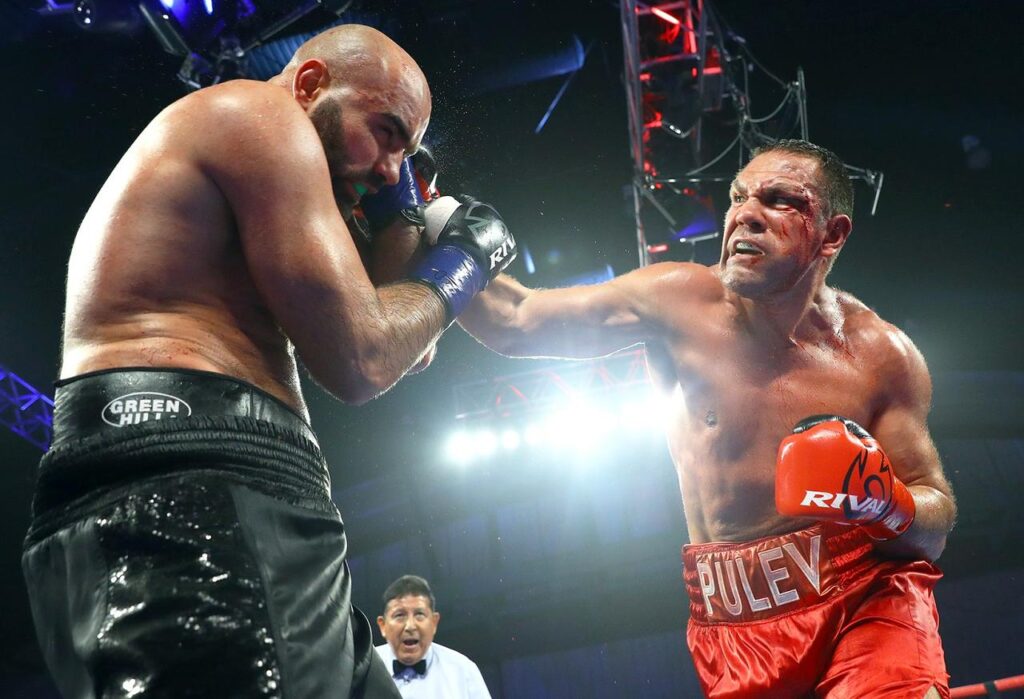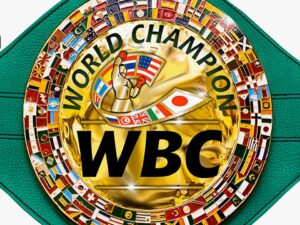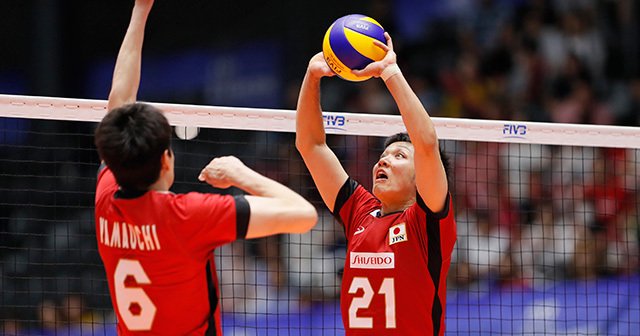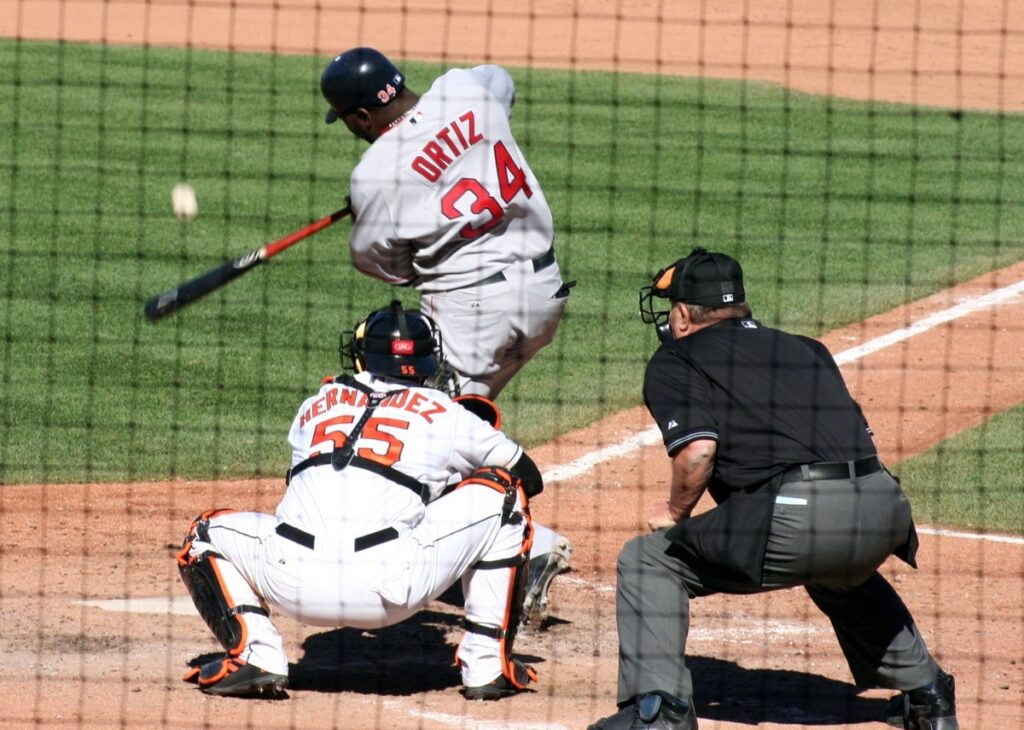
Choosing the right gloves is very important when you start boxing.
The weight of a glove has a direct impact on punching power, hand protection, and training efficiency, and has a significant impact on an athlete’s performance.
However, many beginners and even professional athletes are completely unsure about how to choose the right glove weight for them and how that weight will affect their actual training and competition. are often not understood.
In this article, we will focus on boxing gloves weight and explain in detail why glove weight is important and how you can find the best glove for you.
We reveal what every boxer, from beginner to pro, should consider when choosing gloves and share his secrets to achieving optimal training results.
Please refer to this guide to make your boxing life safer and more effective.
目次
- 1 Why is the weight of boxing gloves important?
- 2 Characteristics of boxing gloves by weight and how to choose them
- 3 Weight of gloves chosen by professional boxers
- 4 Ounce difference in boxing gloves
- 5 The power of a punch varies depending on the ounce of boxing gloves.
- 6 So, what size boxing gloves do you recommend?
Why is the weight of boxing gloves important?
Weight is a very important factor when choosing boxing gloves.
Choosing the right weight of gloves will help you maximize the effectiveness of your punches and protect your hands and arms from injury at the same time.
The weight of the glove has a significant impact on the athlete’s performance, and it is necessary to choose the optimal weight according to the purpose of training or competition.
Effect of weight
The weight of the glove directly affects the speed, power, and defense of your punches.
Lighter gloves allow faster hand movements and reduce reaction time, but can increase strain on the hands due to reduced shock absorption capacity.
On the other hand, heavier gloves increase the power of your punches while providing a higher level of protection, but they tend to slow your movements.
Therefore, players need to carefully choose the weight of their gloves to suit their style and goals.
Difference between training and match use
The weight selection criteria for training and competition gloves are different.
Training gloves are generally heavier and are intended to protect your hands and improve muscle strength over long periods of use.
Using heavier gloves will train your muscles more effectively, increasing your speed and power when using lighter gloves during a match.
Match gloves, on the other hand, are designed to be relatively lightweight and are made to allow unrestricted hand movement to allow players to perform at their best.
The weight of match gloves is often determined by rules, and it is important to choose the optimal one within that weight.
When choosing a glove weight, you should consider these points and make a choice that suits your skill level, training objectives, and game rules.
Choosing the right gloves will help minimize your risk of injury and improve your boxing skills.

Characteristics of boxing gloves by weight and how to choose them
Weight is a very important factor when choosing boxing gloves.
The characteristics of a glove change depending on its weight, and each has its own advantages and disadvantages.
By choosing the gloves that best suit your style and training goals, you can improve your performance and prevent injuries.
Let’s take a closer look at the characteristics of light and heavy gloves.
Advantages and disadvantages of lightweight gloves
- merit :
- Increased speed : Lighter gloves restrict hand movement less and increase the speed of your punches.
- Maneuverability : Easy wrist movement, making it easier to throw more accurate punches.
- Reaction Speed : Smoothly switch between attack and defense, improving reaction speed.
- Demerit :
- Shock Absorption : They offer less shock absorption than heavier gloves and can put more stress on your hands and joints.
- Lack of power : Your punches tend to lack weight, which can reduce the damage you inflict on your opponent.
Benefits of heavy gloves
- merit :
- Protection Features : Thick padding to protect hands and joints, high shock absorption.
- Strength Training : Using heavier gloves will increase the effectiveness of your training and improve your strength.
- Power of the punch : The weight increases the power of the punch and the impact it has on the opponent.
- Demerit :
- Decreased speed : The weight can slow down your hand movement and slow down your punch.
- Increased fatigue : Fatigue in the hands and arms is likely to increase due to long-term use.
When choosing boxing gloves, it is important to consider these advantages and disadvantages and choose gloves with the optimal weight according to your training purpose, style, and match rules.
Using gloves of multiple weights depending on the training stage and practice content also leads to effective training.

Weight of gloves chosen by professional boxers
For professional boxers, choosing the right glove for them is extremely important in order to perform at their best in the field of battle.
Glove weight plays a central role in its selection and has a direct impact on match performance.
Here, let’s take a look at how famous professional boxers choose their gloves, and what tips you can learn from them.
Glove selection for famous athletes
Many famous professional boxers choose different gloves for each match.
This is to make the best choice according to your opponent’s style and your own strategy.
For example, some fighters may choose heavier gloves to provide more protection if their fighting style is more defensive, while others may choose lighter gloves to take advantage of their speed and accuracy.
Through years of experience, famous athletes know the optimal glove weight for various situations.
Pro tip: How to choose the best gloves
- Determine your purpose : Think about whether you will be using the glove for training, competition, or both, and choose the glove that best suits your purpose.
- Consider your weight and category : It’s important to choose a glove weight that matches your weight and the weight class you compete in. Generally, the heavier you are or the higher your weight class, the heavier gloves are recommended.
- Things to try : If possible, try it on in your hand to check the fit and ease of movement. It is important to choose a glove that fits your hand well.
- Learn from experience : As you play and train more, you’ll discover the glove weight that works best for you. Don’t be afraid to try different weights of gloves.
Professional boxers’ glove selection reflects not only their strategy and style, but also their years of experience and knowledge.
In order to choose the best glove for you, it is important to refer to advice from these professionals and accumulate your own experience.

Ounce difference in boxing gloves
One of the most common criteria when choosing boxing gloves is the weight of the glove in ounces.
An ounce (oz) is a unit of weight, and boxing gloves typically range from 8 ounces to 16 ounces.
The heavier the ounce count in the glove, the more the overall weight of the glove and the thicker the padding (material used to absorb impact).
This gives the glove more protection, but it also makes the hand movement heavier.
Let’s take a closer look at the differences in gloves based on ounce count and how to choose them.
Glove ounce count and its characteristics
- 8oz : A glove primarily used in professional matches, suitable for players who value light weight and punch speed. However, its shock absorption is low.
- 10oz : A commonly used size for competition, offering a good balance of speed and protection. It is widely used by both professional and amateur players.
- 12 oz : A common size for training, suitable for beginners and intermediate sparring. Provides plenty of protection and comfort.
- 14oz : Sized for training and sparring, designed to withstand heavier impacts. Balances overall protection and performance.
- 16 oz : A size designed primarily for sparring and provides the most protection. The weight will sacrifice punching speed, but it will prevent hand injuries from long-term use.
How to choose the number of ounces
- Clarify your purpose : The appropriate amount of ounces will vary depending on the purpose you are using the glove for, such as training, sparring, or competition.
- Depending on weight and experience : Heavier athletes or athletes who require more protection tend to choose heavier gloves. Also, beginners with less experience are recommended to choose 14oz or 16oz as they offer more protection.
- Review Rules and Regulations : If you are participating in a competition, you will need to choose a glove ounce that corresponds to the applicable competition rules and class.
When choosing the ounce count of boxing gloves, it is important to consider these points and choose the glove that best suits your needs.
Choosing the right gloves will help you maximize the effectiveness of your training and minimize the risk of injury.

The power of a punch varies depending on the ounce of boxing gloves.
Many boxers know from experience that the weight, or number of ounces, of boxing gloves affects the power of a punch.
The weight of a glove is directly related to how the hand moves during a strike and how it absorbs impact, which in turn makes a difference in the power of the punch.
Here, we will explain in detail the mechanism of how the ounce of the glove affects the power of a punch.
Glove weight and punch power
-
Effect of Lighter Gloves : Using lighter gloves (e.g. 8 oz or 10 oz) will make your hands more agile and increase the speed of your punches. At first glance, it seems that the power of the punch increases as the speed increases. However, because lighter gloves have less shock absorption material, the force transmitted to the opponent during a strike is less likely to be dispersed, and although the “sharpness” of the punch increases, the actual amount of damage does not necessarily increase.
-
Effects of Heavy Gloves : On the other hand, using heavier gloves (14 oz or 16 oz) increases the amount of energy a blow can hold due to the increased mass of the glove itself. This increases the impact force exerted on the opponent when striking, increasing the “heaviness” and damage of the punch. However, heavy gloves slow down your hand movement, which slows down your punch and makes it harder to apply pressure on your opponent.
What is power?
The “power” of a punch is not just the ability to damage the opponent, but also includes the power to control the opponent’s movements and take a strategically advantageous position.
Therefore, in order to maximize the power of your punches, it is important not only to choose a heavy glove, but also to choose the optimal weight of the glove according to your tactics, style, and opponent’s characteristics.
conclusion
The amount of ounces in a boxing glove affects the power of a punch more than just a difference in weight.
Glove selection should be made carefully based on your physical fitness, technique, and strategy, and by trying different ounce counts during training and sparring, you can find the one that works best for you. can.
Choosing the right glove is very important to maximize the power of your punches.

So, what size boxing gloves do you recommend?
Sizing boxing gloves largely depends on the individual boxer’s needs, goals, size, and level of experience.
Although there are general recommendations, these factors must be considered collectively to choose the best glove.
Below are some guidelines for sizing your boxing gloves.
1. Consider your training objectives
- For sparring : Heavy gloves (14 oz or more) are recommended. This is because they require thicker padding to protect your opponent’s and your own hands.
- For bag work and pad training : 10oz to 12oz gloves are suitable. These are similar in weight to the gloves you would use in a real game and will help you develop speed and accuracy.
- General Fitness : You can use gloves of any weight, but 12 ounces are generally considered the most versatile.
2. Consider weight and size
Boxers who weigh heavier or have larger hands should generally choose gloves that are 14 ounces or larger.
For lighter weight boxers or smaller hand sizes, 10oz or 12oz gloves are a good choice.
3. Experience level
- Beginners : 12oz or 14oz gloves are recommended to protect your hands and arms.
- Intermediate to Advanced : Choose between 10 oz and 16 oz depending on your training type and size accordingly.
4. Rules and competitions
It is important to check the rules of the competition or organization you plan to participate in and choose gloves with the required ounce count.
The weight of match gloves is generally determined by the rules of the competition.
conclusion
Choosing the right size for boxing gloves is a personalized choice, and one answer does not fit all.
Depending on your training goals, size, and experience level, you may want to consider having multiple gloves in different sizes depending on your needs.
Also, trying on gloves and checking the fit is key to making the best choice.





